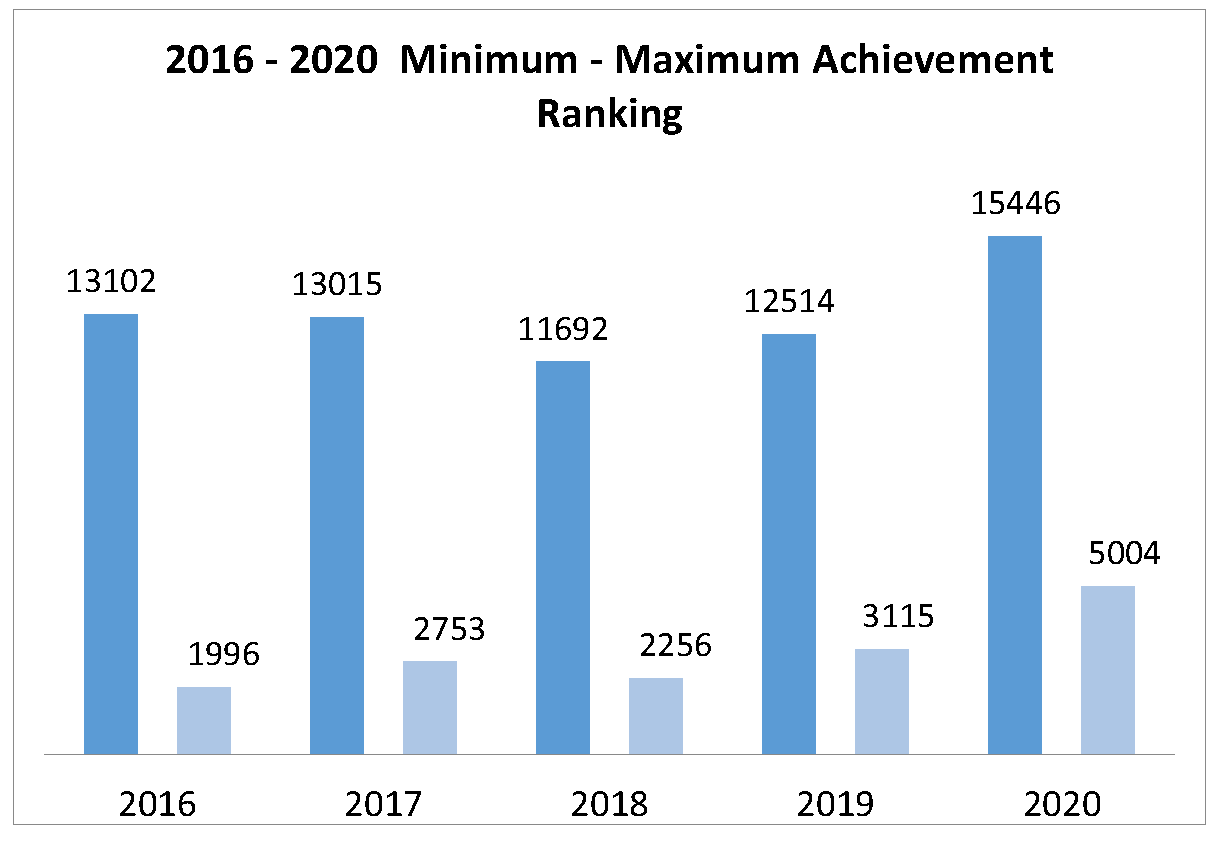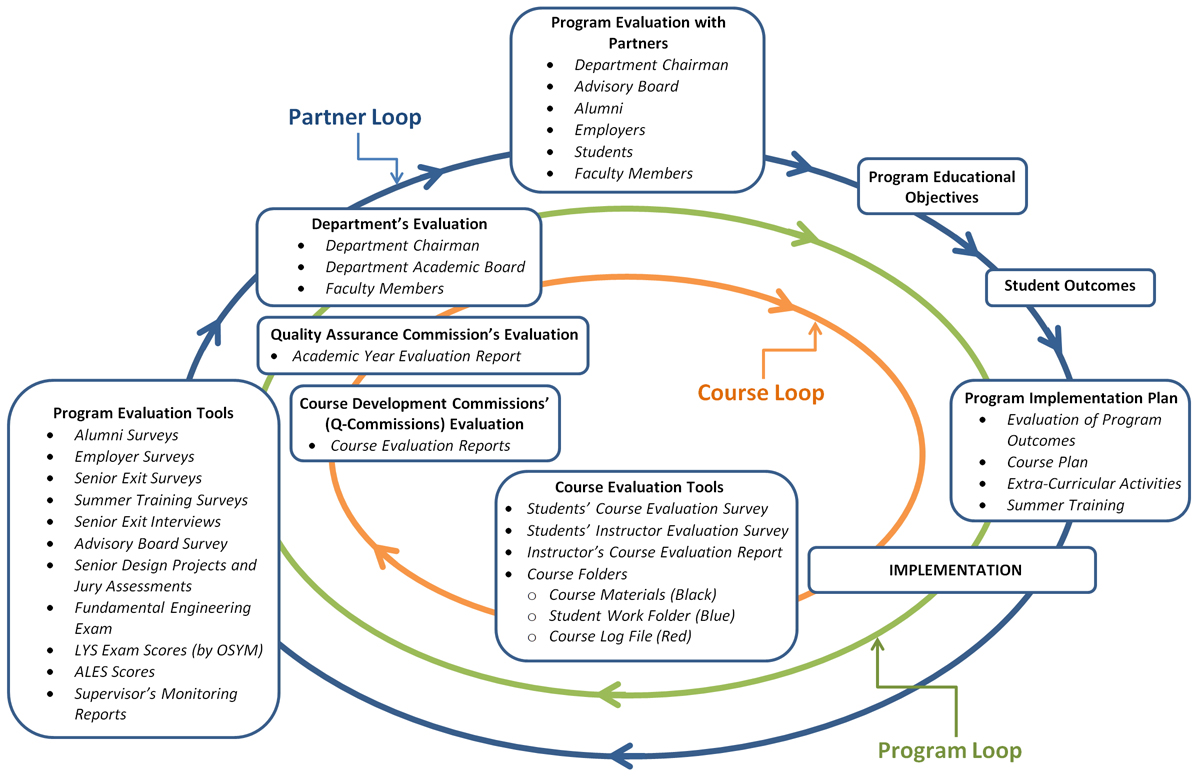
ITU Mechanical Engineering Undergraduate Program: Accredited by the Engineering Accreditation Commission (EAC) of ABET. www.abet.org
ABET - Find Accredited Programs
ABET - For Students and Families
ABET - Why Accreditation Matters
Mission
To provide world-class education at the undergraduate, graduate and professional levels to produce MECHANICAL engineers who: will assume positions of responsibility for the design, production, application, research and development activities of various industrial and research organizations; have creativity as well as a systematic approach to problem solving; are capable of effective teamwork; are sensitive to the environment; have social, economical and ethical consciousness and responsibility and will be the leaders of tomorrow. To conduct research that generates competitive know-how and technology that will address the specific problems facing national industries.
Vision
To continue to be a leading educational and research institution that provides world-class higher education; conducts research and generates knowledge; and serves society and humanity by disseminating the outputs. To emphasize technological development commensurate with national needs.
Program Educational Objectives
In conformity with the mission of Mechanical Engineering Department, the objectives of Mechanical Engineering Program describe what graduates are expected to attain within a few years of graduation.
- Perform design and integration of mechanical and thermal processes, components and systems,
- Play leadership roles by improving collaboration between engineers, scientists and professionals,
- Involve positively in the competitiveness of design, manufacturing and research enterprises,
- Aim to reach knowledge and professional growth for their successful careers in industry, research or academia,
- Contribute to the society as professionally, ethically and globally aware members.
Students Outcomes
- An ability to identify, formulate, and solve complex engineering problems by applying principles of engineering, science, and mathematics.
- An ability to apply engineering design to produce solutions that meet specified needs with consideration of public health, safety, and welfare, as well as global, cultural, social, environmental, and economic factors.
- An ability to communicate effectively with a range of audiences.
- An ability to recognize ethical and professional responsibilities in engineering situations and make informed judgments, which must consider the impact of engineering solutions in global, economic, environmental, and societal contexts.
- An ability to function effectively on a team whose members together provide leadership, create a collaborative and inclusive environment, establish goals, plan tasks, and meet objectives.
- An ability to develop and conduct appropriate experimentation, analyze and interpret data, and use engineering judgment to draw conclusions.
- An ability to acquire and apply new knowledge as needed, using appropriate learning strategies.
Annual Student Enrollment Data

Please click to see the Annual Student Enrollment Data
Please click to see the Annual Student Enrollment Data and Graduation Data
The Loops Featuring the Processes For Assessment and Evaluation of the Performance of Mechanical Engineering Undergraduate Program and Making Revisions

Forms and Surveys
Five Year and Over Graduate Survey
One - Three Year Graduate Survey
Advisory Board Survey
Employers Survey
Advisor Undergraduate Success Monitoring Form
Industry Survey
Probation - Employers Survey
Probation - Student Survey
New Graduate Survey